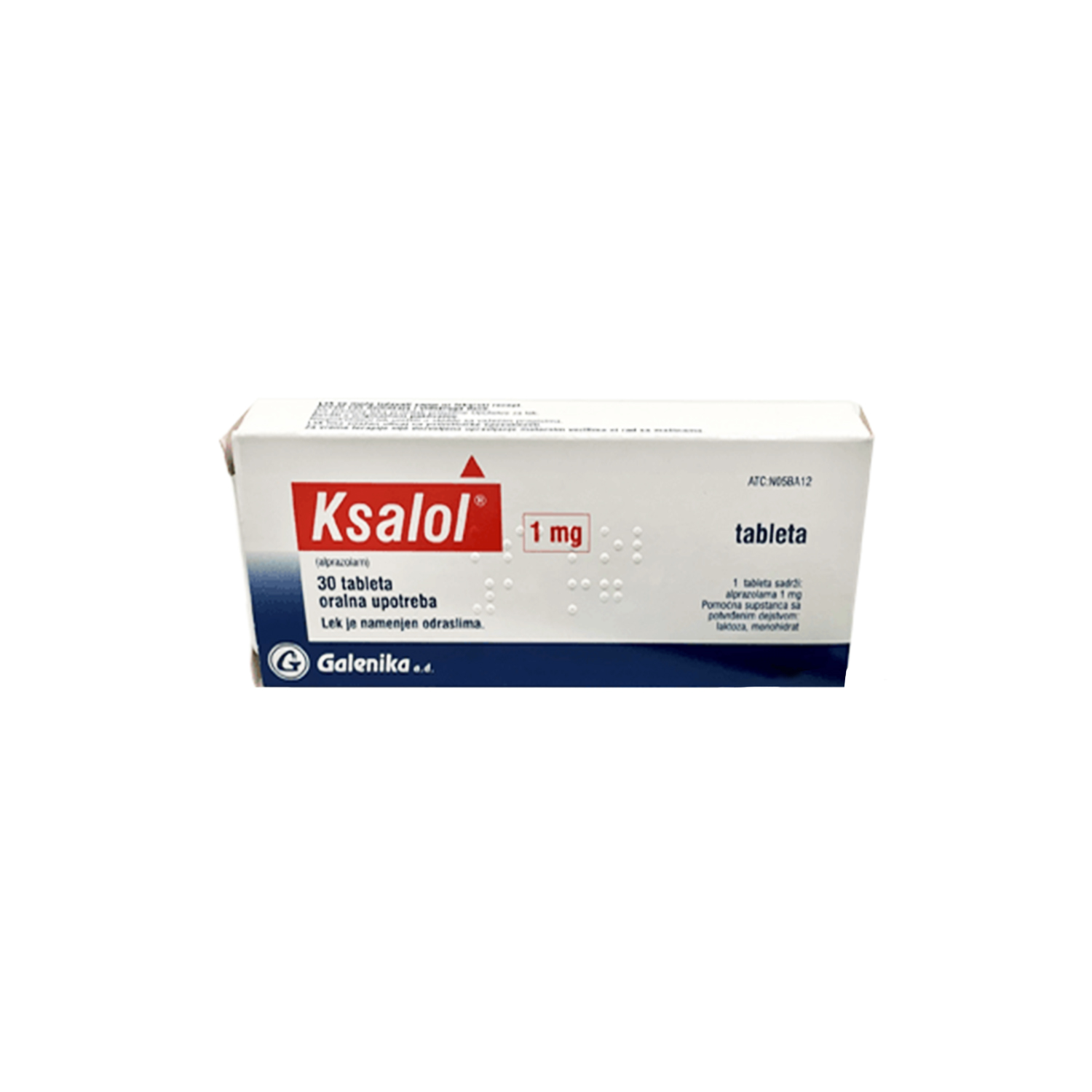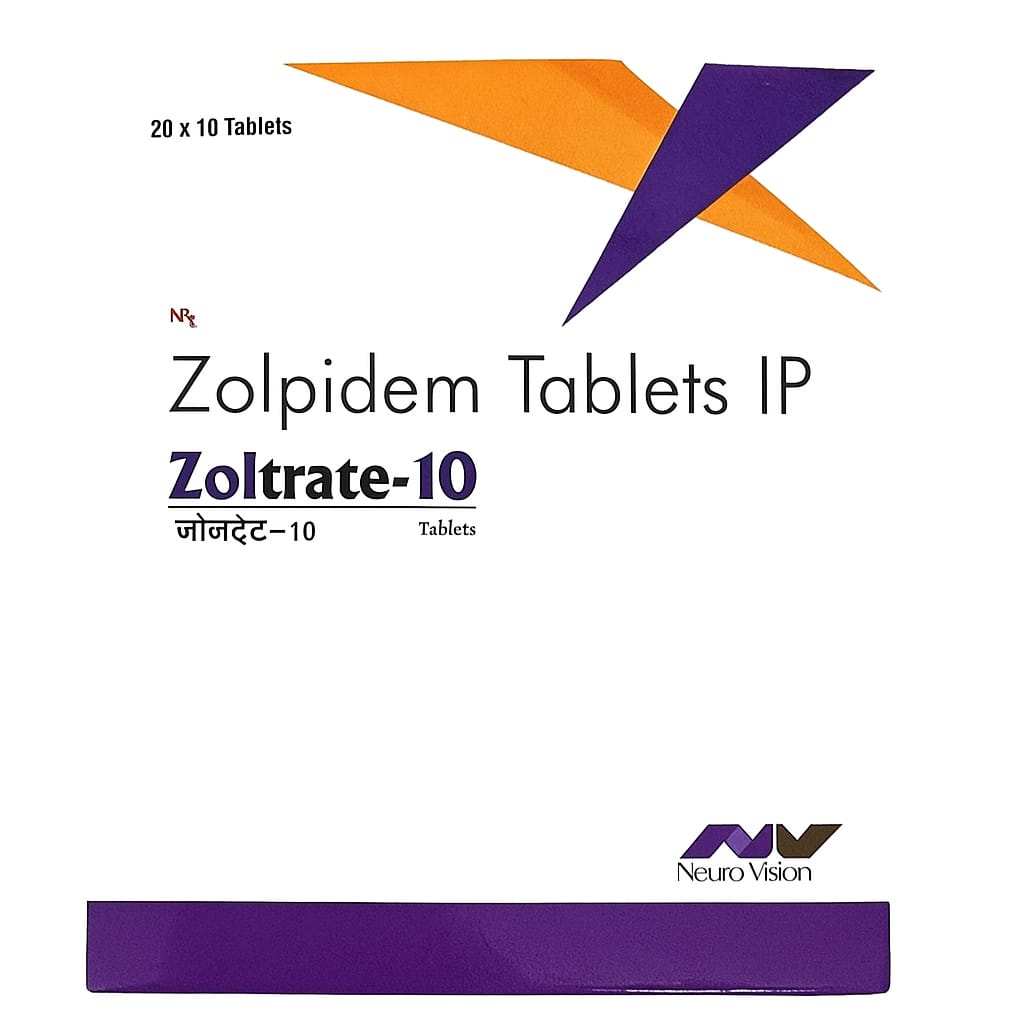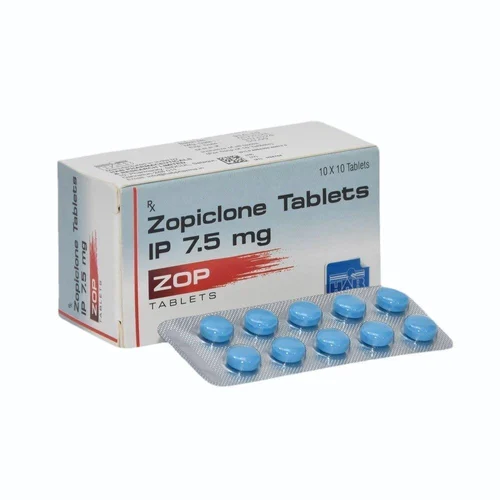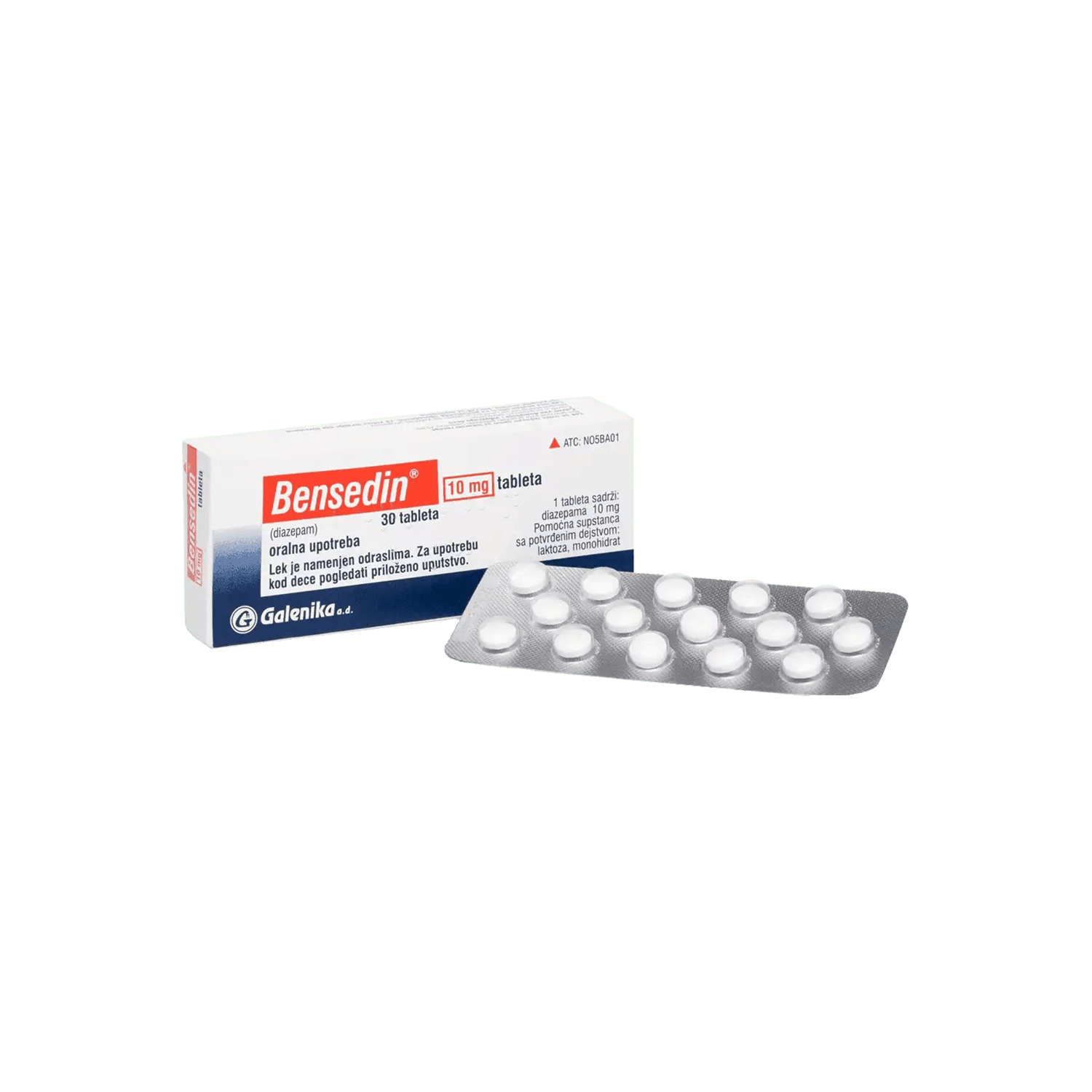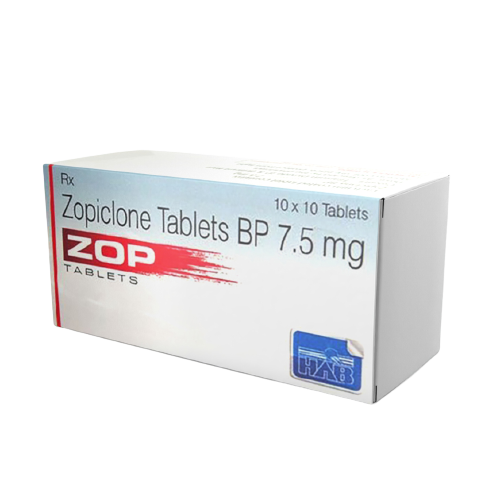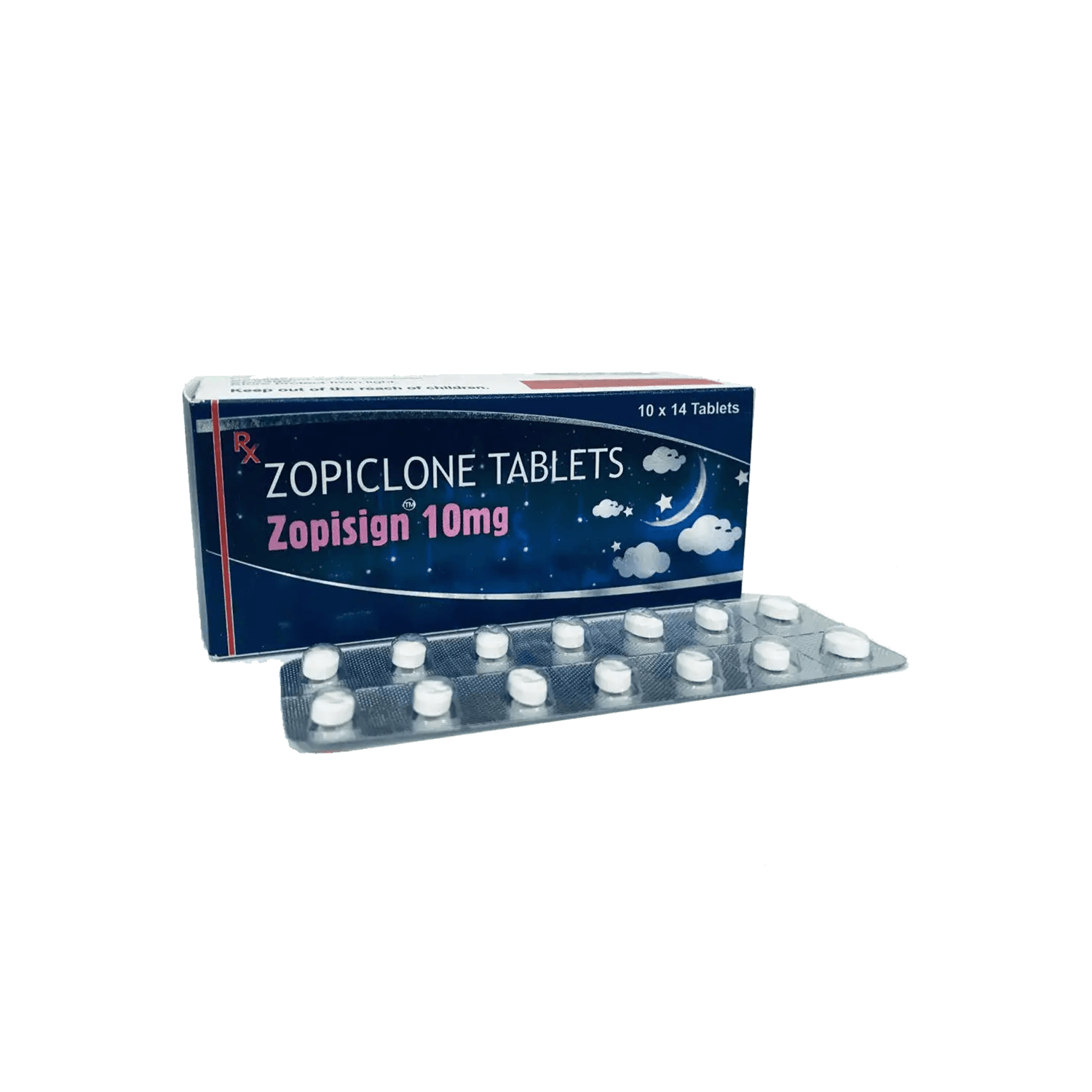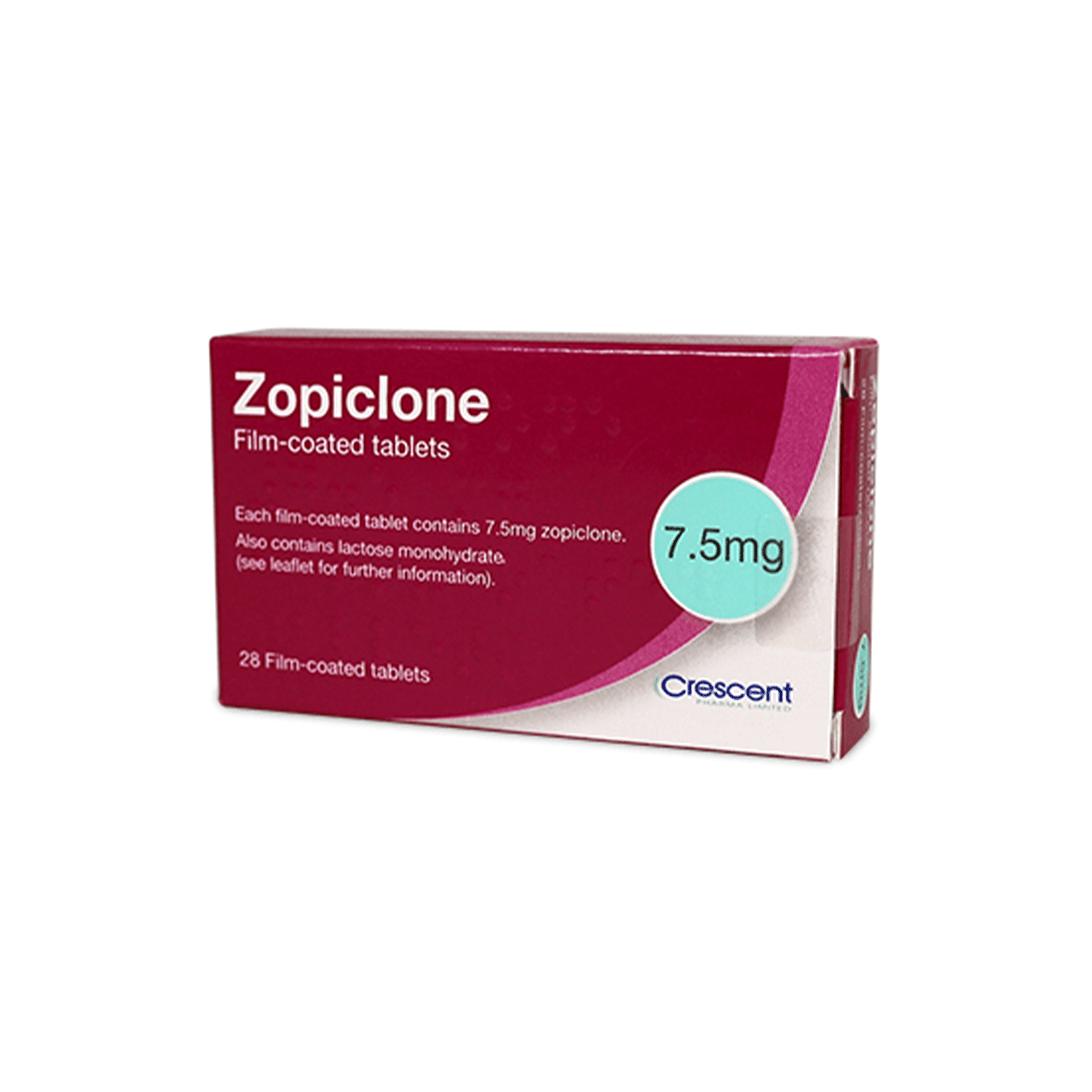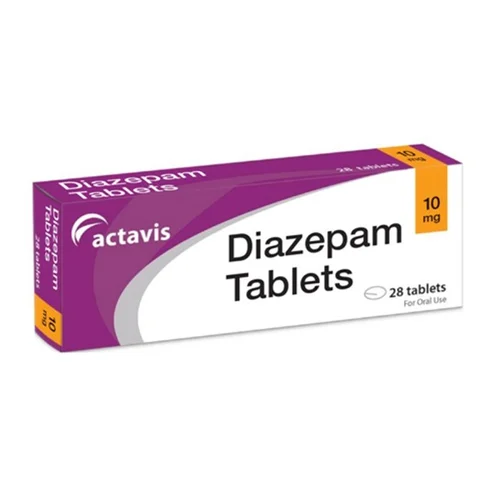Description
Alprazolam 1mg Tablets: A Comprehensive Overview
Alprazolam 1mg tablets are a medication that is frequently prescribed for the treatment of anxiety disorders, panic disorders, and occasionally melancholy. It, a member of the benzodiazepine class of medications, alleviates symptoms of stress, tension, and anxiety by calming the brain and central nervous system. This article delves into every critical aspect of Alprazolam 1mg tablets, such as their uses, dosage, mechanism of action, precautions, adverse effects, and interactions.
What is 1mg of Alprazolam?
Alprazolam 1mg is a short-acting benzodiazepine that can induce anxiety by affecting the chemicals in the brain that may become destabilised. It is frequently prescribed for:
Generalised Anxiety Disorder (GAD)
Anxiety disorders
Social anxiety disorder (off-label)
Short-term treatment of anxiety that is linked to depression
Alprazolam is recognised for its rapid-acting properties, which frequently alleviate anxiety within one hour of oral administration. The 1mg tablet is regarded as a moderate quantity, appropriate for patients who require stronger anxiolytic effects than the 0.25mg or 0.5mg tablets but less than the higher 2mg dose..
Mechanism of Action
Gamma-aminobutyric acid (GABA) is a neurotransmitter in the brain that inhibits excessive neuronal activity. Alprazolam functions by enhancing its activity. This tranquillising influence on the nervous system alleviates symptoms of:
Anxiety-induced sleep disturbances
Alprazolam induces hyperpolarisation of neurones and diminished excitability by increasing GABA-mediated chloride ion influx through its binding to GABA-A receptors. This results in a muscle-relaxing, anti-anxiety, anticonvulsant, and sedative effect.
Applications of Alprazolam 1mg Tablets
Alprazolam 1mg is prescribed for a diverse array of mental health conditions:
Generalised Anxiety Disorder (GAD)
Alprazolam is an effective treatment for chronic anxiety, which is characterised by persistent concern, irritability, restlessness, and sleep disturbances.
Anxiety Disorder
Alprazolam is highly effective in the prevention of panic attacks, which are sudden, intense episodes of terror that are accompanied by physical symptoms such as dizziness, shortness of breath, and palpitations.
Anxiety Relief in the Short Term
Quick relief is offered by alprazolam to individuals who are experiencing transient anxiety as a result of stressful circumstances.
Off-label Applications
Sometimes, physicians prescribe alprazolam as an adjunctive treatment for depression, anxiety, or insomnia.
Administration and Dosage
The dosage of Alprazolam 1mg is contingent upon the condition being treated, the patient’s age, and their individual response. It is imperative to adhere to the instructions of a physician.
Dosage for Adults
Anxiety: Typically, 0.25mg to 0.5mg is administered three times daily. The dose can be progressively increased to 1mg three times a day, contingent upon the response.
Panic Disorders: The usual starting dose is 0.5mg, administered three times daily. This dose may be progressively increased to 1mg or higher, administered three times daily.
Patients who are elderly or disabled
Begin with a lesser dose, typically 0.25mg, administered two to three times daily, as a result of the increased sensitivity and the potential for sedation or falls.
Administration Suggestions
Consume either with or without sustenance.
Alprazolam should not be consumed in conjunction with alcohol.
Refrain from abruptly discontinuing the medication, as it may induce withdrawal symptoms, including insomnia, anxiety, or seizures. Under medical supervision, gradual cessation is advised.
Alprazolam 1mg Tablets: Potential Side Effects
Alprazolam, like all medications, may induce adverse effects. The majority are transient and moderate, but a few may be severe.
Common side Effects
Sedation or somnolence
Weakness
Symptoms of dizziness or lightheadedness
Coordination deficits
Issues with memory
Irritability
Serious but Less Common Side Effects
Disorientation or confusion
Delusions
Suicidal ideation or severe depression
Allergic reactions include swelling, irritation, and a rash.
Respiratory depression is uncommon; it is typically observed in conjunction with alcohol or at large doses.
Medical attention should be sought promptly in the event of any severe side effects.
Alprazolam Precautions Before Consumption
Alprazolam must be initiated with the consideration of specific conditions and factors:
Medical History
Please notify your physician if you have:
Kidney or liver disorders
Substance misuse history
Sleep apnoea is an example of a respiratory issue.
Suicidal ideation or depression
Breastfeeding and Pregnancy
Alprazolam is generally not advised for use during pregnancy due to the potential for foetal damage. It is recommended that breastfeeding mothers consult with their physician prior to using this product.
Drug and Alcohol Interactions
Refrain from consuming alcohol, as it can heighten the risk of respiratory depression and induce sedation. Alprazolam may interact with other medications, including antidepressants, antifungals, and anti-seizure medicines.
Operating and Driving Machinery
Patients should refrain from operating heavy machinery or driving until they have a comprehensive understanding of the drug’s effects, as alprazolam can induce lethargy and impaired coordination.
Drug Interactions
Numerous medications may interact with alprazolam:
Excessive sedation may result from the use of CYP3A4 inhibitors, such as ketoconazole and erythromycin, which can elevate alprazolam plasma levels.
Other central nervous system depressants, such as alcohol, narcotics, and sleep medications, may induce severe respiratory depression or sedation.
Alprazolam’s sedative effect may be enhanced by antidepressants (e.g., sertraline, fluoxetine).
You must furnish your physician with an exhaustive list of medications before initiating alprazolam treatment.
Emergency and Overdose
Symptoms of Alprazolam Overdose
Severe confusion or lethargy
Absence of cognisance
Sluggish or challenging respiration
Pulse that is either weak or irregular
Immediately contact medical services in the event of an emergency. Supportive care, flumazenil (a benzodiazepine antagonist), or activated charcoal may be implemented as treatment.
Dependence and Withdrawal
Alprazolam has the potential to induce dependence, particularly when used for an extended period. Sudden cessation may induce:
Anxiety returns
Sleep deprivation
Muscle tremors
Irritability
Seizures (in severe cases)
It is essential to progressively reduce the dosage under the guidance of a medical professional to prevent withdrawal symptoms.
Instructions for Storage
Store at ambient temperature (20–25°C / 68–77°F).
Maintain a distance from light and moisture.
Keep out of the reach of pets and children.
Do not use after the expiration date.
Alprazolam 1mg in Comparison to Other Doses
Alprazolam is accessible in tablets of 0.25mg, 0.5mg, 1mg, and 2mg. The 1mg tablet is frequently prescribed for the following purposes:
Anxiety that ranges from moderate to severe
Consistent administration is necessary for panic disorders.
Patients who are not responding adequately to reduced dosages
Higher doses (2mg) are reserved for severe cases and necessitate meticulous surveillance.
Lifestyle Suggestions for Alprazolam Users
Maintaining a consistent sleep schedule is beneficial for the reduction of anxiety and the improvement of medication efficacy.
Alcohol and recreational substances should be avoided to prevent hazardous interactions.
Engaging in physical exertion consistently can naturally alleviate anxiety.
Engage in tension management techniques, such as yoga, meditation, or deep breathing, to complement treatment.
Conduct routine examinations to assess the necessity of continuing the medication and to monitor for any adverse effects.
Who should refrain from consuming alprazolam?
Alprazolam is not suitable for all individuals. Refrain from using if you have:
Benzodiazepine allergy
Acute narrow-angle glaucoma
Severe respiratory complications
Unsupervised history of substance abuse or addiction
Alprazolam 1mg Tablets: Frequently Asked Questions
Question 1. What is the duration of Alprazolam 1mg?
The effects typically persist for 4–6 hours. Sustained relief may necessitate multiple doses.
Question 2. Alprazolam may be administered for the purpose of promoting slumber.
Only when prescribed by a physician. It is predominantly an anti-anxiety medication, but it has the potential to cause sedation.
Question 3. Is Alprazolam addictive?
Certainly, dependence can develop as a result of prolonged or high-dose use.
Q4. Is it permissible to consume alcohol while taking Alprazolam?
False. The risk of severe sedation and respiratory depression is elevated by alcohol consumption.
Question 5. How fast does it operate?
For the most part, within one hour of oral administration.
In conclusion,
Alprazolam 1mg tablets are a potent and effective treatment for anxiety and panic disorders, which offer immediate relief and enhance the quality of life. Nevertheless, it must be administered under the stringent supervision of a physician, as it has the potential to cause dependence, side effects, and interactions. Patients can safely benefit from Alprazolam 1mg tablets while minimising risks by adhering to prescribed dosages, avoiding alcohol, monitoring adverse effects, and incorporating lifestyle measures.

